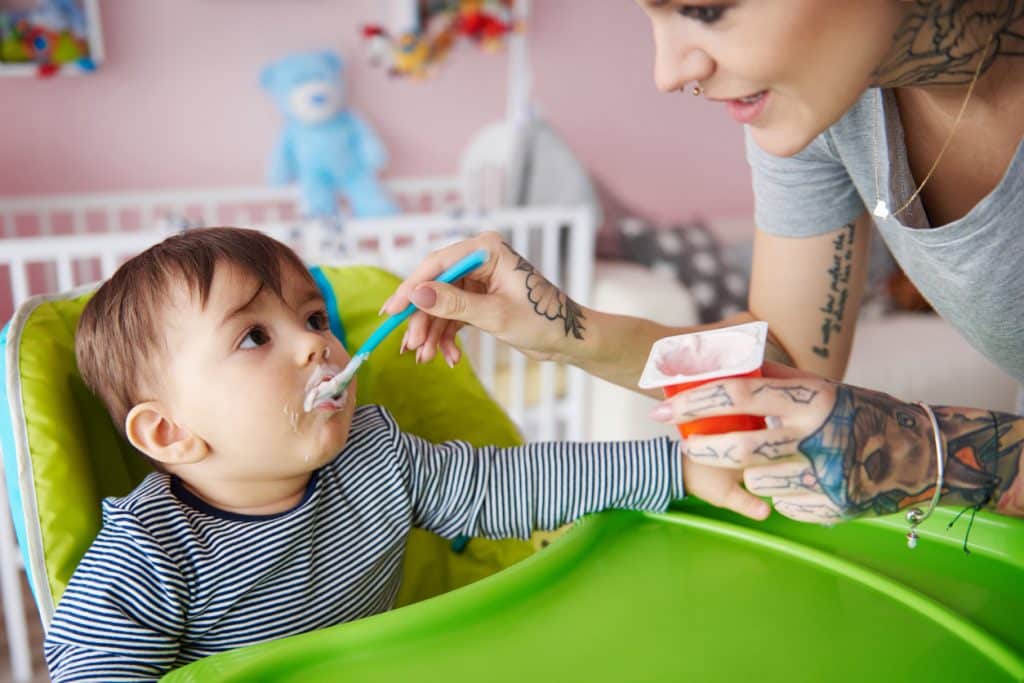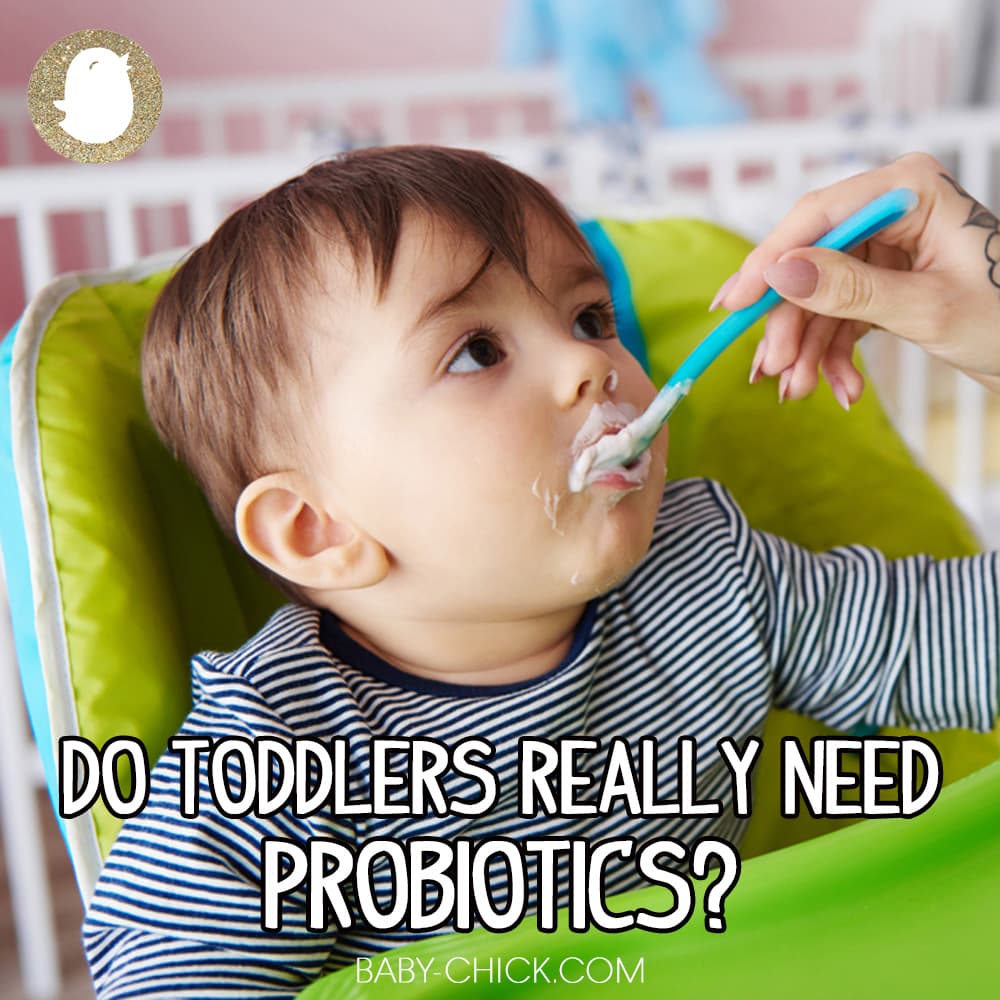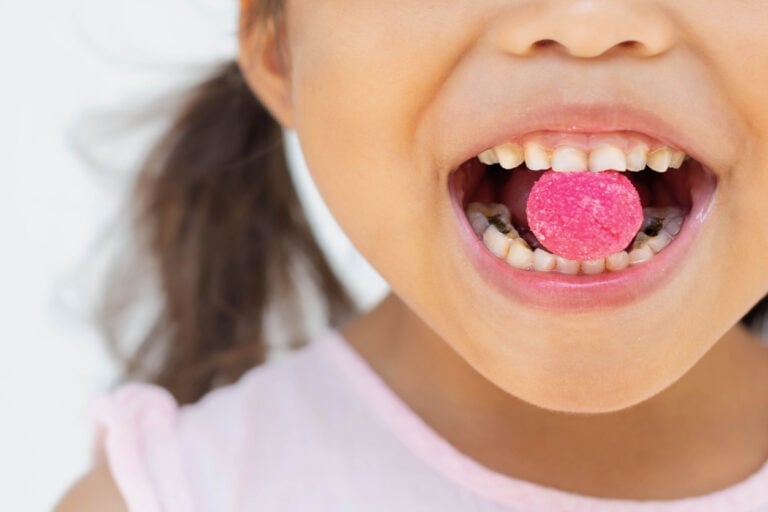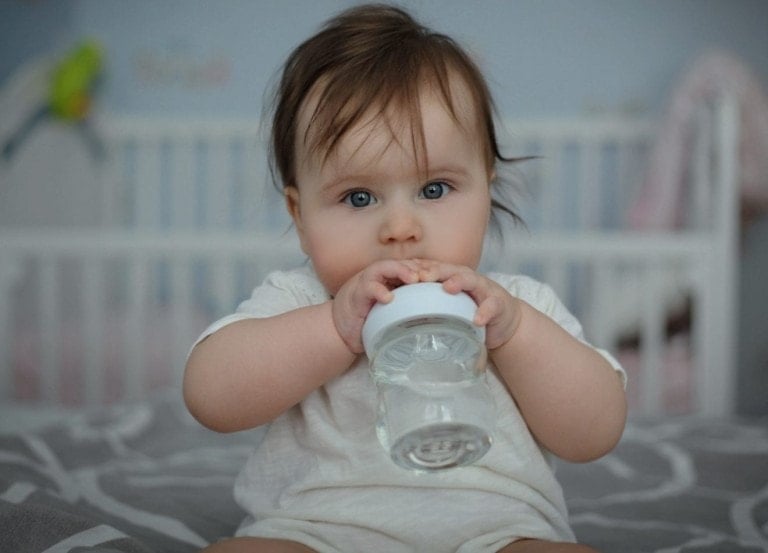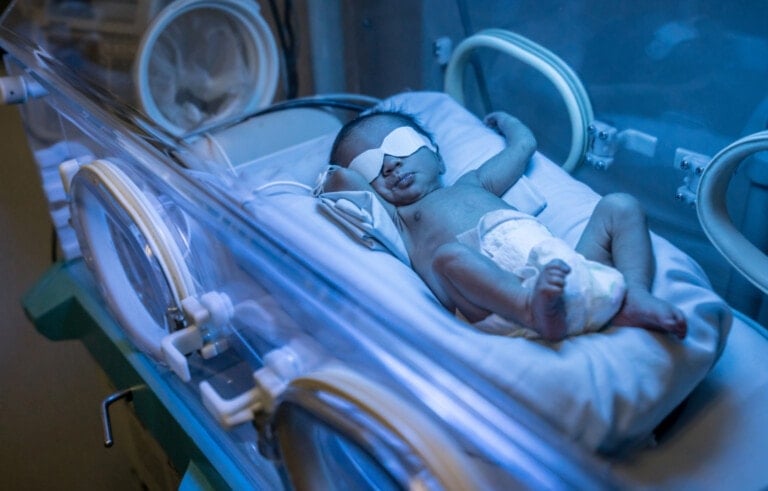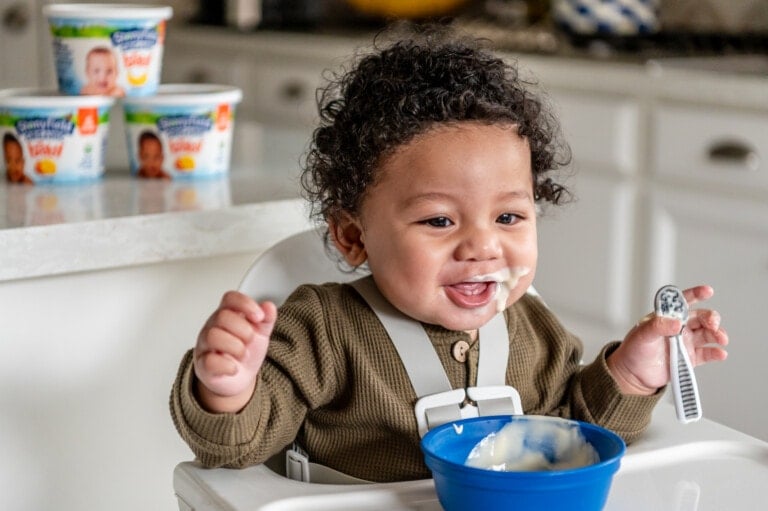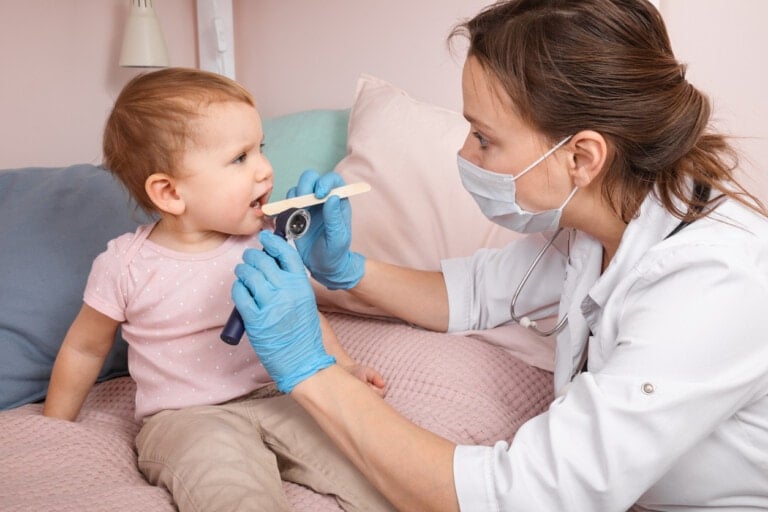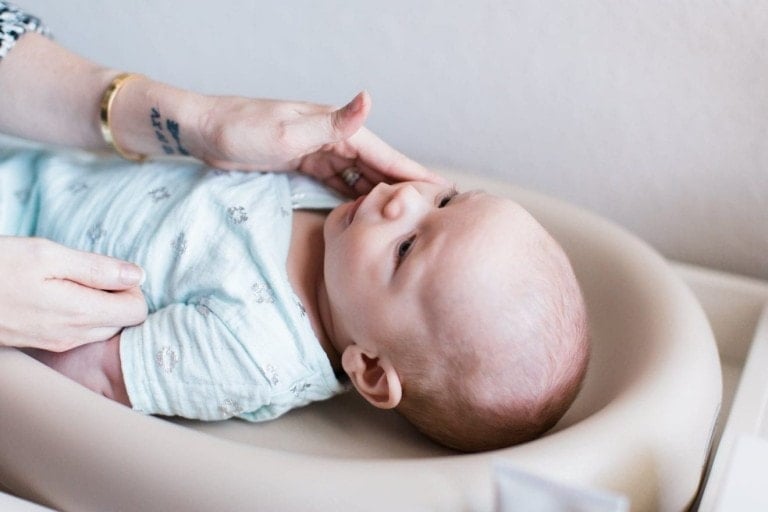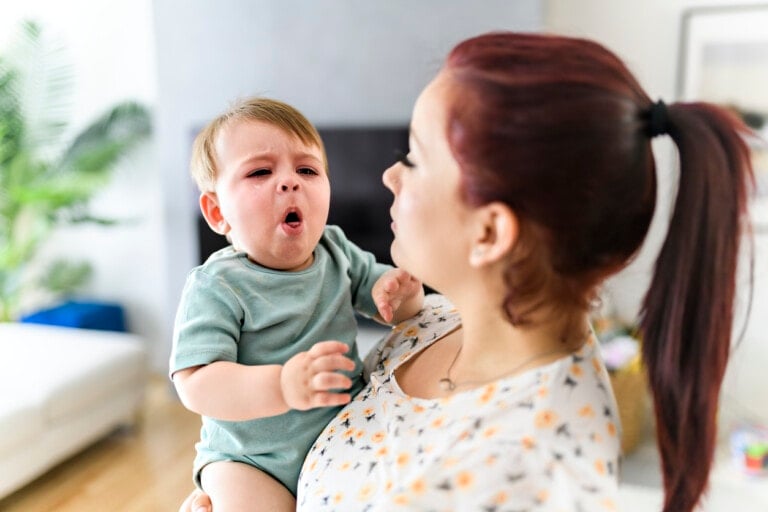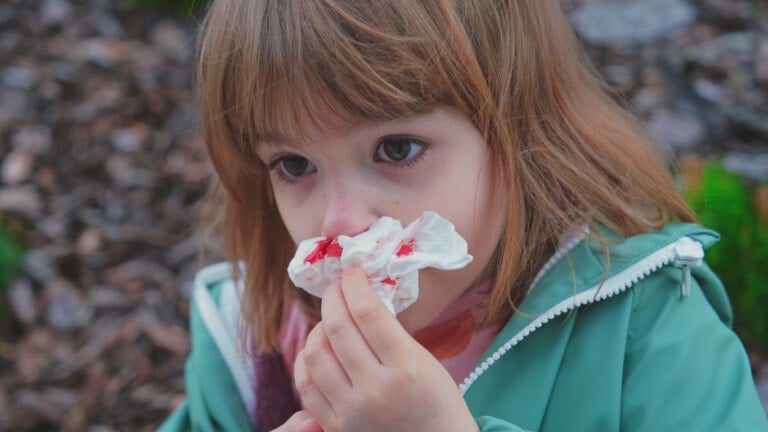Health and well-being will always be a top priority for any parent when it comes to their children. Ensuring they are fit and healthy to allow the best possible start in life must be the obvious answer.
So, if you could do something to prevent your child from getting sick in the first place, you would, right?
That’s why we see so many different health supplements on the market for children these days. It’s not surprising that probiotics are pretty much commonplace in every grocery store now. I’ve researched in great depth about which ones are the best; however, the question still lies, do I really need to give them to my little one?
Probiotics promise “friendly bacteria” that will help your baby fend off infections and boost immunity. This begs the question, do toddlers really need probiotics? Or is it all just market hype? Let’s look at the facts to help us make an informed decision.
What are Probiotics?
Did you know the body is full of all types of bacteria? Probiotics are what we would deem one of the helpful kinds of “germs.” They are microorganisms that live in the digestive area, and as long as there are adequate levels should fight off infection and keep your infant healthy.
How Can Probiotics Help?
Some clinical research suggests there are benefits to probiotics in young children. However, there are also many conflicting reports with inconclusive results. Probiotics may be able to help in the following circumstances:
1. Antibiotics
We have all been there before. No matter how hard you try to keep them healthy, your little bundle of joy manages to pick up a bug, and the pediatrician recommends a course of antibiotics to fight off the infection. Taking antibiotics kills the bug, but it also takes away goodness from the friendly bacteria, contributing to other downsides such as antibiotic-associated diarrhea. I think you will agree with me when I say, having a sick child and having to deal with an upset stomach on top of that really doesn’t help issues. Probiotics could help by restoring the balance between good and bad bacteria.
2. Digestive Issues
As this helpful bacteria is found in the stomach, you would be correct in thinking it could benefit the digestive system.
3. Diarrhea
Diarrhea is something that every parent dreads. Unfortunately, it can be a common occurrence once children start attending daycare and preschool. Some research suggests probiotics could help with diarrhea by replenishing the helpful bacteria in the stomach. However, it’s by no means a cure for the problem, but it should ease and reduce the timeframe of those tummy troubles.
4. Keeps Belly Bacteria in Check
There is a healthy ratio of good and bad bacteria in the stomach. Obviously, the more bad bacteria, the more chance of a weak immune system and illness. Therefore, topping up the levels of good bacteria with probiotics should, in theory, keep bugs at bay.
5. Allergies
In this modern age, many children are now being diagnosed with various allergies, mainly caused by exposure to conditions in society and pollution. There may even be reason to believe that taking probiotics could reduce the effects of ailments such as eczema. However, research is still ongoing with this and the potential links to other allergies.
What are the Natural Alternatives?
Probiotics can be found in several natural foods, but dairy products are the most common place to find them. Cultured or “live” yogurts could be one of the top choices for children. They also contain other nutrients such as calcium, protein, and possibly other vitamins, beneficial for developing infants. Choose a food source that is low in sugar and contains the helpful bacteria lactobacillus. This has the most consistent results and has been examined in most clinical studies. Other alternatives could be soy milk or various types of cheeses.
Are Probiotics Safe?
Probiotics are classed as a dietary supplement and regulated by U.S. food and drug administration (FDA). Although research is encouraging, they have not approved probiotics to prevent or treat any specific health problems. However, studies into the safety of lactobacillus bacteria have results claiming it is safe in healthy children.
Final Thoughts
Research does indicate significant benefits to probiotics, but it is clear that more needs to be done to understand the actual mechanics. Looking at natural ways of boosting your child’s friendly bacteria and ensuring they get a healthy, well-balanced diet could be sufficient to maintain your child’s health. However, if you are considering giving your child any kind of dietary supplement, your first point of call should always be your child’s healthcare provider.













